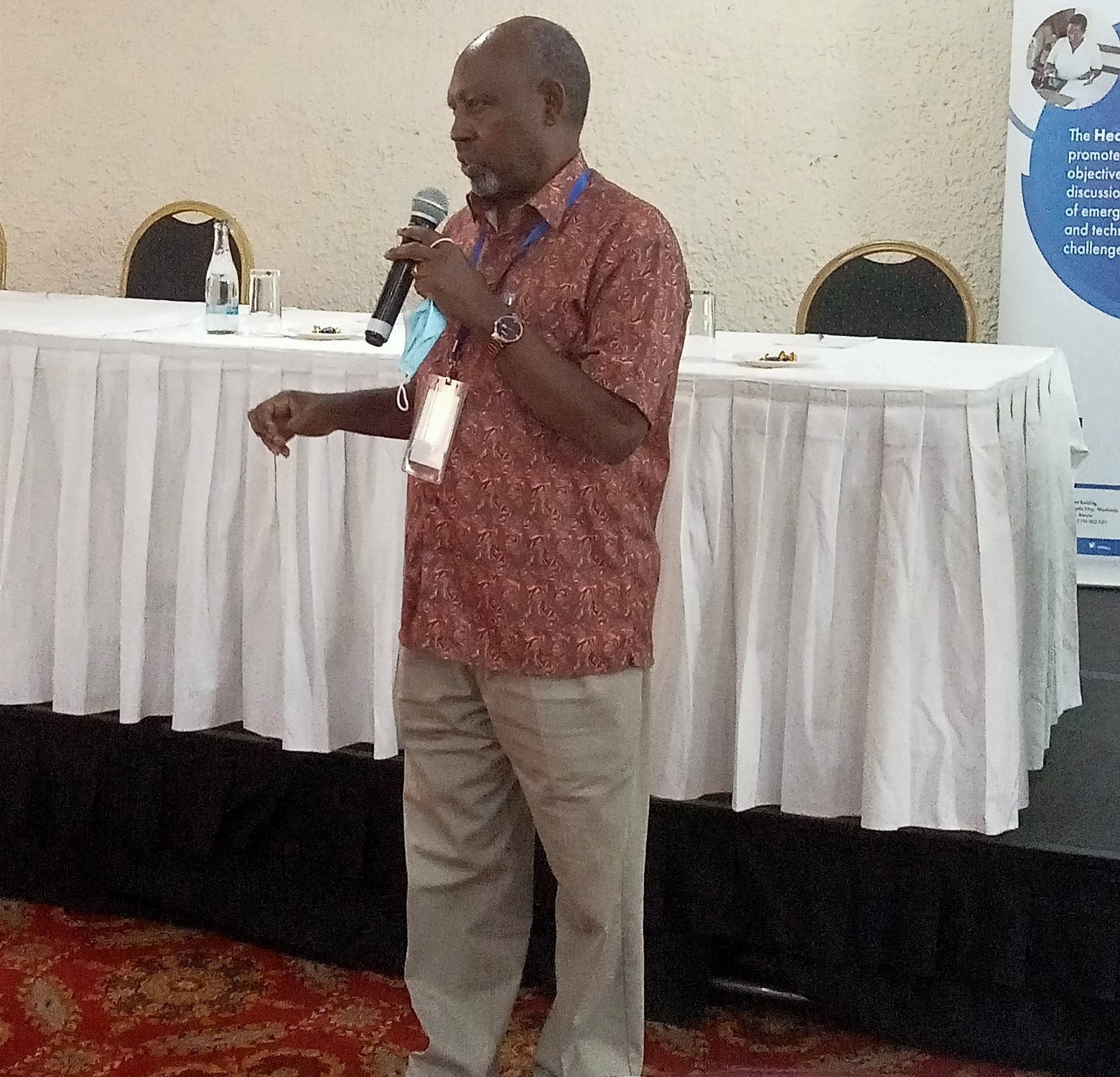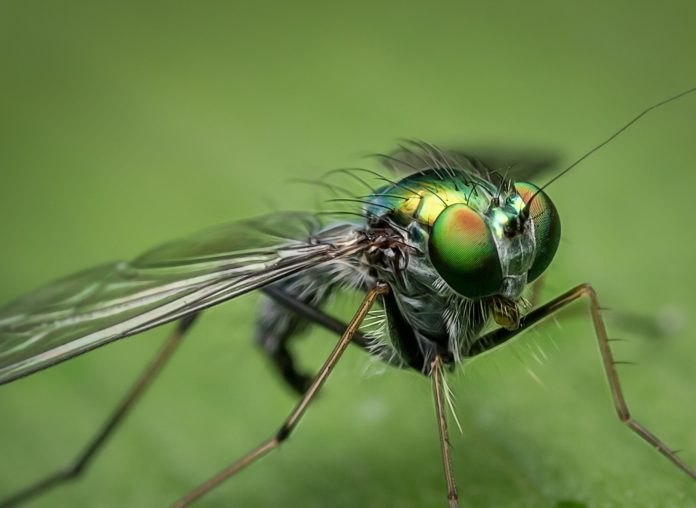By Mary Mwendwa
Nairobi, Kenya: Researchers, scientists, and the media recently gathered at a hotel in Nairobi to discuss the role emerging technologies will play in the fight against malaria. The African Institute for Development Policy (AFIDEP) together with scientists has launched a health-tech platform that will address key health challenges in Sub- Saharan Africa.
Globally malaria kills more than 650,000 people each year, the majority of these deaths occurring on the African continent.
Gene drive technology is expected to bring a major breakthrough in the fight against malaria if embraced. This technology will insert modification in malaria mosquitoes that would affect the mosquito’s ability to reproduce, by reducing the population and malaria vectors.
This technology, developed over a decade now, enables precise editing of genes of living organisms. For example malaria, the technology can be applied to modify the genes of the malaria vector to either reduce their survival or deactivating genes that enable them to carry the malaria parasite.
If successfully applied, scientists believe that the gene drive mosquitoes could significantly accelerate the path to Malaria elimination or zero malaria.
Speaking during the forum Dr.Eliya Zulu, Executive Director of AFIDEP noted how an evidence-based approach using technologies will help address the high disease burden in Africa. ”Diseases like Malaria come with a huge economic burden on families across the continent, therefore we believe that these technologies will transform the efforts against fighting disease.”
He further noted that there are challenges that the process faces like not using research in decision making, lack of knowledge on emerging technologies, and lack of accessible platforms to engage with developers of the transformative technologies among many other challenges.
Prof. Charles Mbogo, an entomologist at Kemri Wellcome Trust and president of the (PAMCA) said that there are at least 400,000 species of mosquitoes across the world. 70 of these species transmit malaria and only 2 are found in Africa.
“Some of the technologies designed to help in the fight against malaria include gene drive technology, Ivermectin drug, malaria vaccine, sterile Insect technology, piperonal butoxide nets, attractive Toxic sugar Baits and drones for larvicide control. Other technologies tested n sub-Saharan Africa are genome editing, synthetic biology, data analytics, monoclonal antibodies, and mechanical ventilator” says Prof. Mbogo.
Prof. Mbogo further said that it was critical for scientists to study human behavior to study mosquito behavior ”When mosquitoes don’t get blood from humans they turn to creatures near them for example cows to get blood.”

Prof. Richard Mukabana, Lecturer at the Department of Biology, University of Nairobi notes with a lot of concern how funding for this kind of technology has brought setbacks in achieving results.
”We had set up a station at Mbita and we were short of funding to help us continue with the project. Gene drive technology of well supported can help us eliminate malaria with the use of other interventions like the vaccine rollout in endemic areas” says Prof. Mukabana.
The African Union (AU) in 2017, recognized the potential of the gene drive technology in controlling and eliminating malaria on the African continent and committed to investing in the development and regulation of this technology.
This commitment is being implemented by the African Union Development Agency (AUDA/NEPAD), which is currently spearheading efforts to build capacity and support countries to establish frameworks for guiding research to test the gene drive technology for the elimination of Malaria in Africa.
Currently, some countries in Africa like Burkina Faso, Mali, and Uganda are working to prepare the stage for the testing of gene drive mosquitoes. The ongoing research will among others test whether the gene drive mosquitoes can control and eliminate Malaria and whether they are safe for humans and for the environment.














